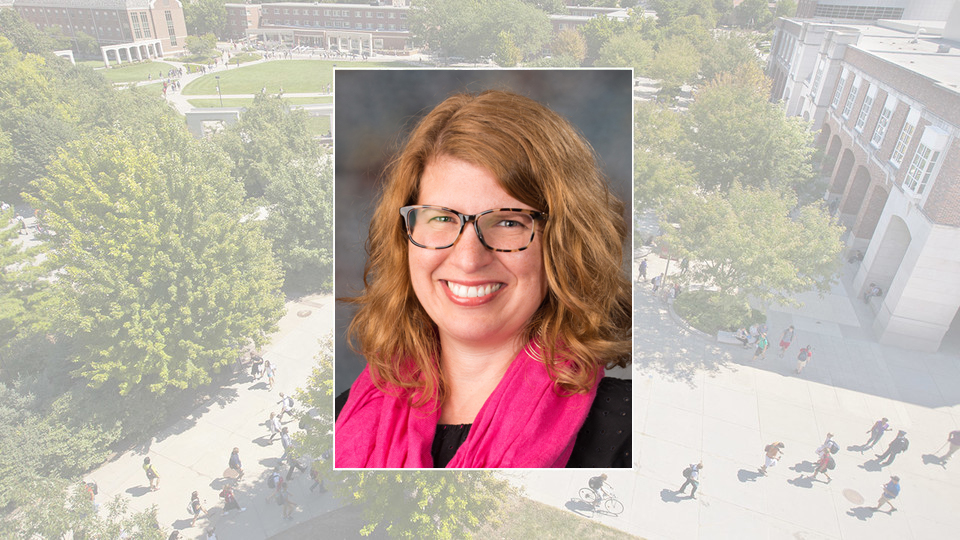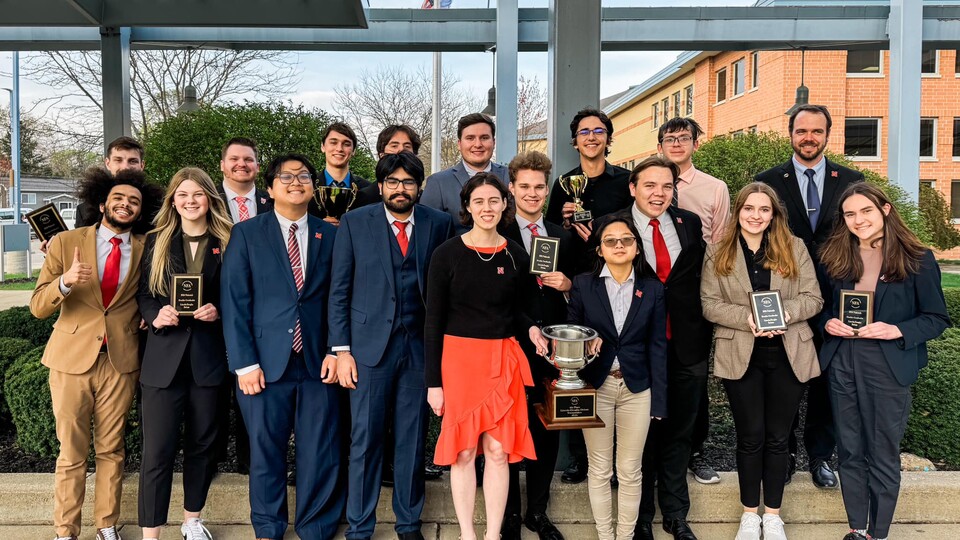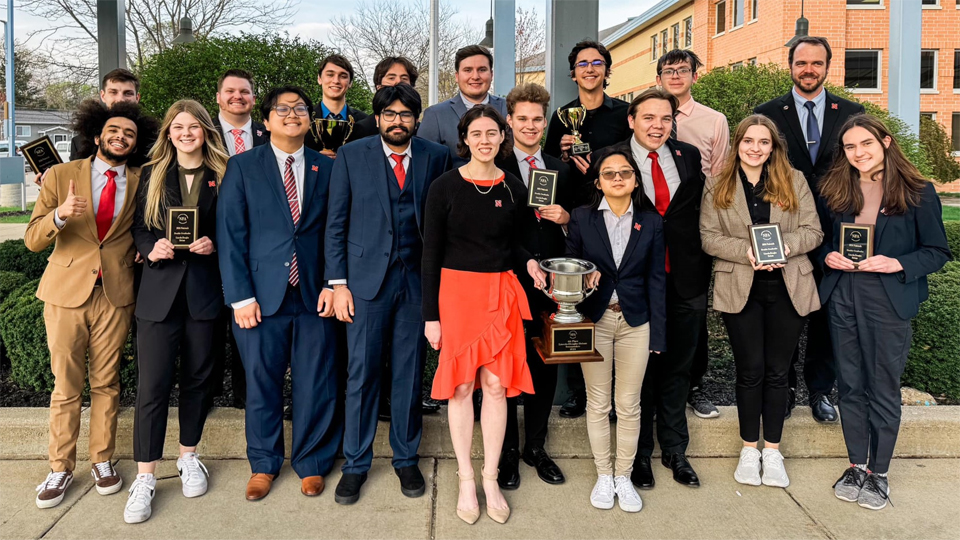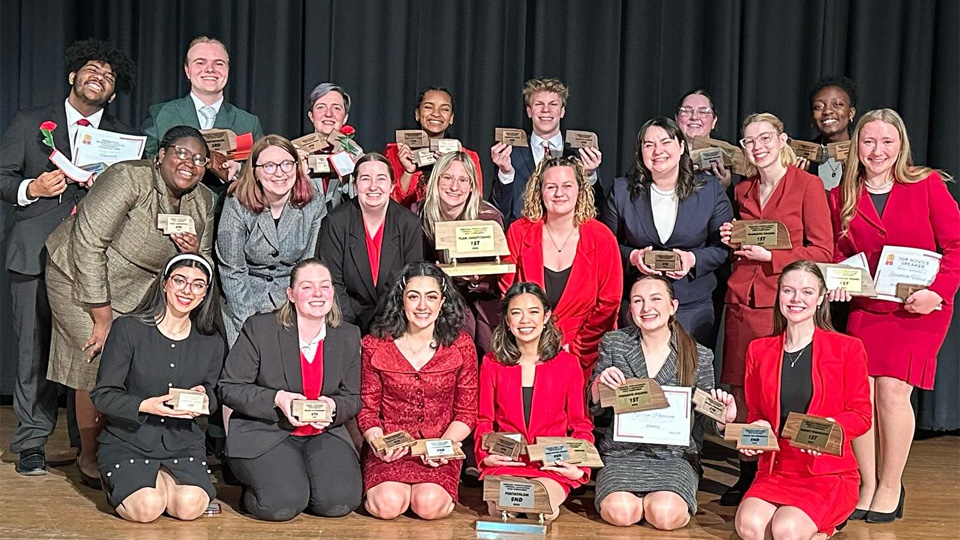
Nebraska's Angela Palmer-Wackerly has formed interdisciplinary teams with colleagues at the University of Nebraska–Lincoln and across the U.S. and community health workers to uncover communication challenges when working to improve health equity for Latinx populations in rural Nebraska.
The study, published in Qualitative Health Research, outlines two challenges: language accommodation and the constraints of communication structures in their cultural communities.
"It's important to understand health problems as the community defines it and establishing trust between community and university partners," Palmer-Wackerly said. She is an assistant professor in the Department of Communication Studies in the College of Arts and Sciences who specializes in health communication and studies how identities and supportive communication from family, friends, and health care providers relate to patients' health and treatment decisions.
The researchers advocate for including community health workers when establishing health care policy and the important role these workers can play in communities with growing ethnic minority populations, especially in rural communities with greater needs and a shortage of health care staff.
The teams worked together from initial idea to final project and used in-depth interviews with the health workers to conduct the research. Palmer-Wackerly collaborated with the Minority Health Disparities Initiative and the Qualitative and Mixed Methods Research Interest Group within the Social and Behavioral Sciences Research Consortium.
Her Nebraska colleagues are Virginia Chaidez, assistant professor in the College of Education and Human Sciences, and Lorey Wheeler, a research associate professor in the Nebraska Center for Research on Children, Youth, Families and Schools who co-directs the Nebraska Academy for Methodology, Analytics and Psychometrics.



